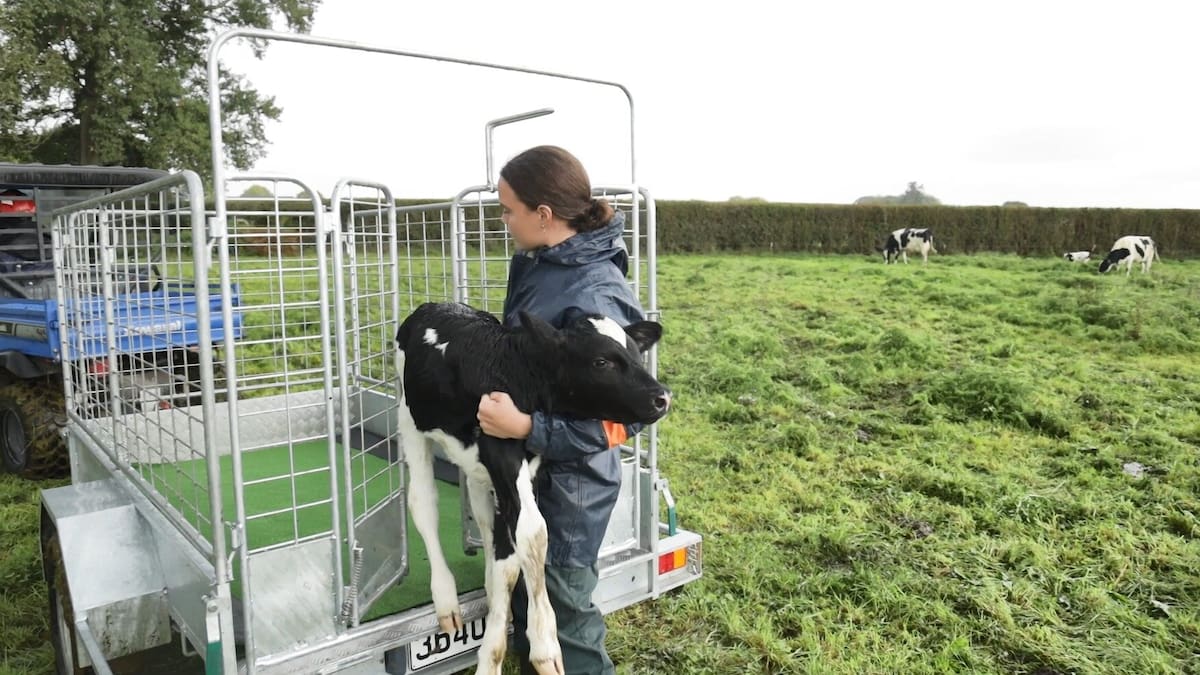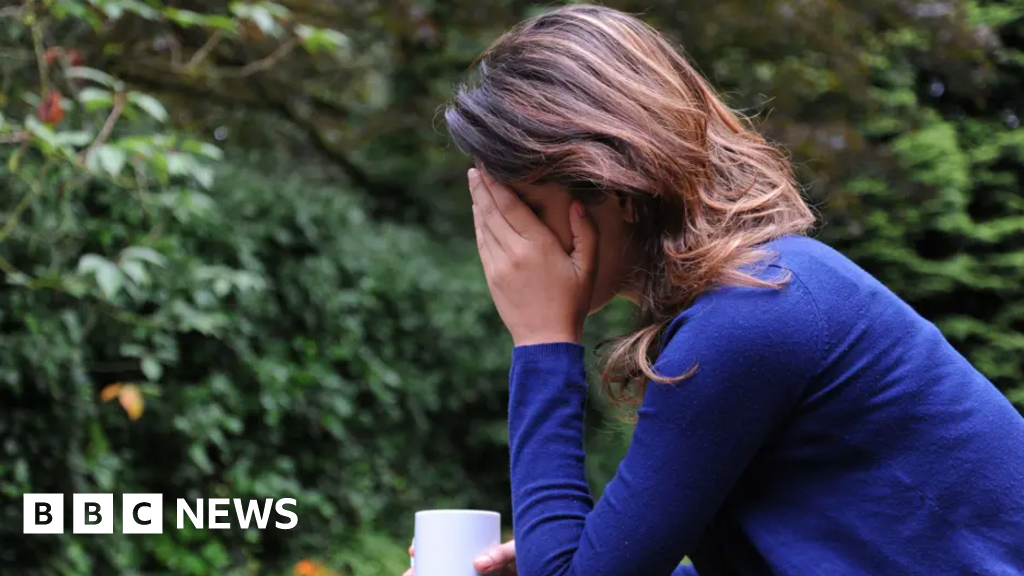Texas Measles Cases Surge: Health Officials Report Nearly 1% Jump in Just Three Days

Texas is facing a concerning rise in measles cases, with the state health department reporting a significant increase of nearly 1% in just three days. As of Friday, there are now 709 confirmed cases statewide, representing a jump of 7 cases since May 6th. This development highlights the ongoing battle against one of the worst measles outbreaks the U.S. has seen in recent years.
The surge in Texas comes amidst a broader national trend of increased measles infections. Public health officials are urging unvaccinated individuals, particularly children, to get vaccinated immediately to protect themselves and the community. Measles is a highly contagious viral disease that can lead to serious complications, including pneumonia, encephalitis (brain swelling), and even death.
Why is this happening? The current outbreak is largely attributed to declining vaccination rates. While measles was declared eliminated in the U.S. in 2000 thanks to widespread vaccination, pockets of unvaccinated individuals remain, creating opportunities for the virus to spread. International travel also plays a role, as measles is still prevalent in many parts of the world.
Who is at risk? The most vulnerable populations are those who are unvaccinated, including young children, pregnant women, and individuals with weakened immune systems. Even those who had measles as children should be aware that immunity can wane over time, and a booster shot may be necessary.
What are the symptoms? Measles symptoms typically appear 7-14 days after exposure and include fever, cough, runny nose, and a characteristic rash that starts on the face and spreads to the rest of the body. If you suspect you or your child has measles, it's crucial to contact a healthcare provider immediately to prevent further spread.
What are health officials doing? The Texas Department of State Health Services (DSHS) is working closely with local health departments to identify and isolate cases, track outbreaks, and provide vaccination services. They are also conducting public awareness campaigns to educate the public about the importance of vaccination.
Key Takeaways:
- Texas has seen a nearly 1% increase in measles cases in three days, reaching 709 confirmed cases.
- Declining vaccination rates are a major contributor to the current outbreak.
- Measles is highly contagious and can cause serious complications.
- Vaccination is the best way to protect yourself and your community from measles.
Protect yourself and your whānau (family) – get vaccinated! Talk to your doctor or visit your local health clinic to learn more about measles vaccination and how to stay safe.
This article provides general information and should not be considered medical advice. Always consult with a healthcare professional for any health concerns.





